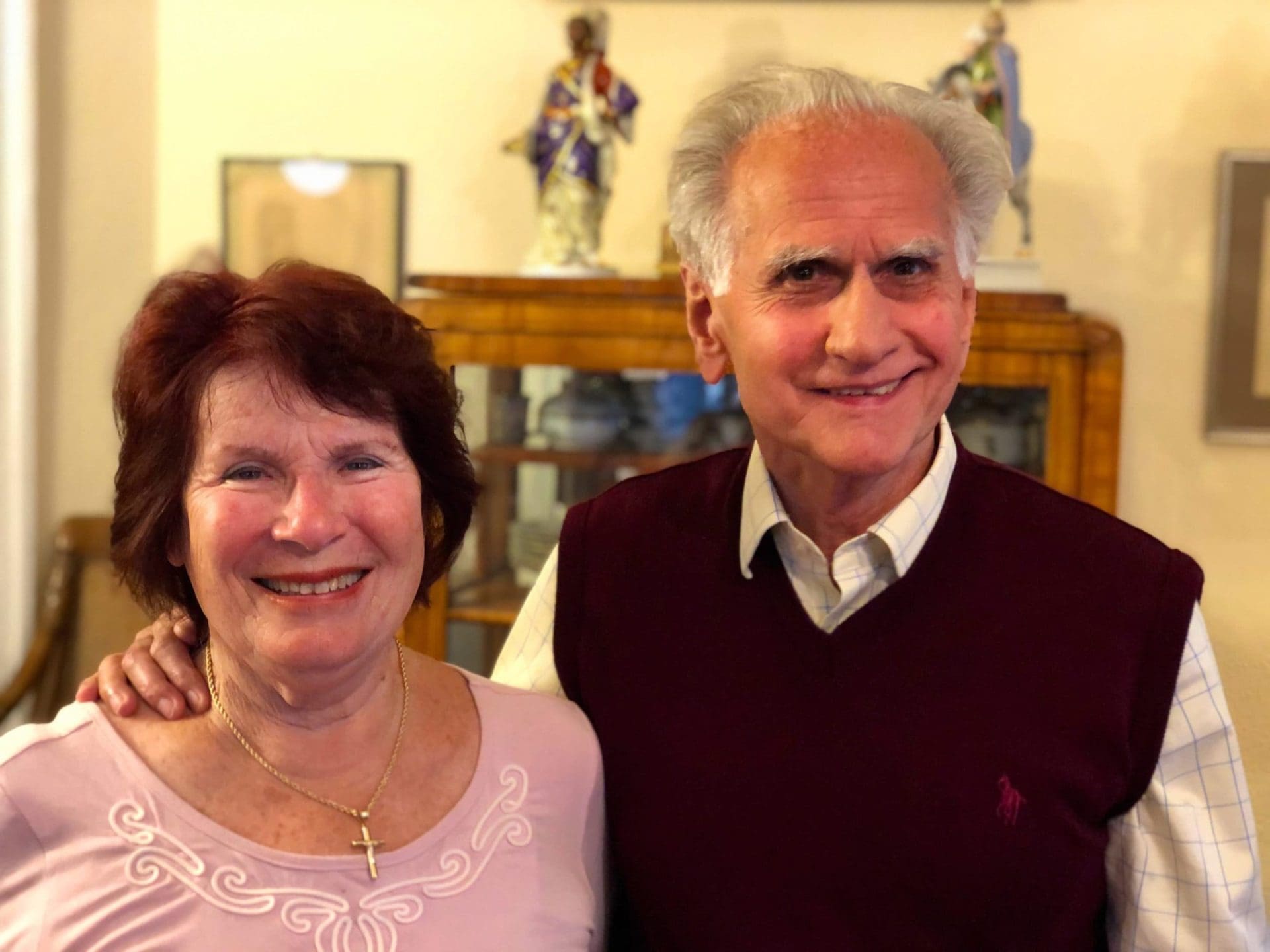It is August of 1985, and I have just moved into an apartment complex south of the LSU campus in Baton Rouge. I will begin my freshman year in a couple of weeks, but until then, I am cooling off by swimming daily in the building’s pool. Being 18 years old, and assuming that the entire world wants to hear my music, I set up my jambox at the edge of the pool, and start playing some rock or pop.
I notice a thin man with greying temples stretched out on a chaise, scowling at me over his magazine, behind sunglasses. Deciding I would do well to try to make friends, I asked the stranger what kind of music he likes.
‘Bartók,’ came the answer. It was the beginning of a friendship that has lasted almost forty years.
Béla and Gaby live in Cambridge most of the time, but they also have an apartment in Budapest, near the Opera House on Andrássy Avenue. This afternoon I went over to visit them. I noticed when I walked in that they had on a table a copy of a Hungarian Conservative magazine of which I am this week’s cover boy. When we sat down together, I reminded them of that poolside meeting in Baton Rouge so long ago.
‘Did you ever imagine that we would see each other one day in a free Hungary?’ I said.
I did not expect an answer. Of course, they did not. Who could have? Back then, we were still in the Cold War. Mikhail Gorbachev had been in power for only five months. In just over four years, the Berlin Wall would be gone. It is impossible to explain to people who did not live through any of the Cold War how unthinkable this was. Béla, who defected with Gaby in the 1960s, told me today that he had expected Communism to last for five hundred years.
We reminisced today about the dramatic journey the young unmarried couple had made out of Hungary, through Yugoslavia, trying to escape to the West. In the town of Novi Sad (in Hungarian Újvidék) they found a Jesuit priest, Father Kilbertus, who had been ordained just that day. He offered to marry them at once on the grounds that it is permissible in canon law to marry a couple who are on a sinking ship. The fugitives from Communism were in an analogous situation, reasoned the Jesuit who performed the rite.
Gaby asked the priest how they could write to him. ‘Do not look for me,’ he warned.
‘He told us he was a soldier for Christ,’ Gaby said today, her eyes filling with tears. ‘My God, I thought that meant they were going to kill him.’
Years later, safe in Cambridge, the Bollobáses celebrated their twenty-fifth wedding anniversary with a party in their garden. There came a call to their home. It was Father Kilbertus, phoning to congratulate them. Gaby recalled that he said how pleased he was that they had stayed together, and how he had prayed for them to make it.
‘Believe me,’ said Béla, ‘nobody hated the Soviet Union more than I did, but I have to say that the West today is a greater threat than the Soviets ever were. At least the Marxists valued academic excellence.’ The agony in his voice as he said that was palpable.
We made plans to see each other again this summer. Walking back to my flat through the cool late-afternoon drizzle, I brooded over their pessimism, which is even more intense than my own. I did the other day, when I spoke to someone very old, cannot remember who, who told me that his only consolation in life now is that he is not going to be here to see the worst of what is to come. My friends today definitely have the same sensibility.
And yet, at poolside that summer of 1985, if a messenger had swum over to us and said to be of good cheer, because in four years, the Berlin Wall would fall, and Communism would soon cease to exist, both of us would have thought him a madman. Yet, that is exactly what happened. Had that madman further said that thirty-six summers into the future, we two, Hungarian and American, would sit at a table in the Bollobáses’ drawing room in a free and democratic Budapest, eating fresh strawberries and talking about old times, we would have laughed at the prophet and his lunacy.
But that’s just what happened on this very day. You never know, do you? Maybe things are exactly as bad as the Bollobáses and I think they are. But maybe God has some surprises in store for us all.
Rod Dreher, writer of non-fiction books and senior editor at The American Conservative magazine. His writing focuses on the intersections among religion, culture, and politics. Dreher has been a columnist for the New York Post, The Dallas Morning News, and National Review, among other publications.





